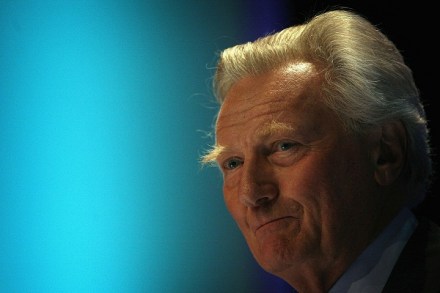Cameron keeps his friends close, but now he’s drawing his MPs closer
David Cameron and the Tory party appear to be emerging from a period of marriage counselling that has gone particularly well. The leader is making more of an effort with his backbenchers generally (James examines this in his column tomorrow), and tomorrow’s papers bring yet more news of reconciliation. The Prime Minister is beefing up his political policy operation by appointing a panel of bright and impressive MPs to help him, and promoting Jo Johnson to be his head of policy and a Cabinet Office minister. Those MPs aren’t just impressive, though: some of them, including Jesse Norman and George Eustice, are also rebels. This is a big gesture to



















